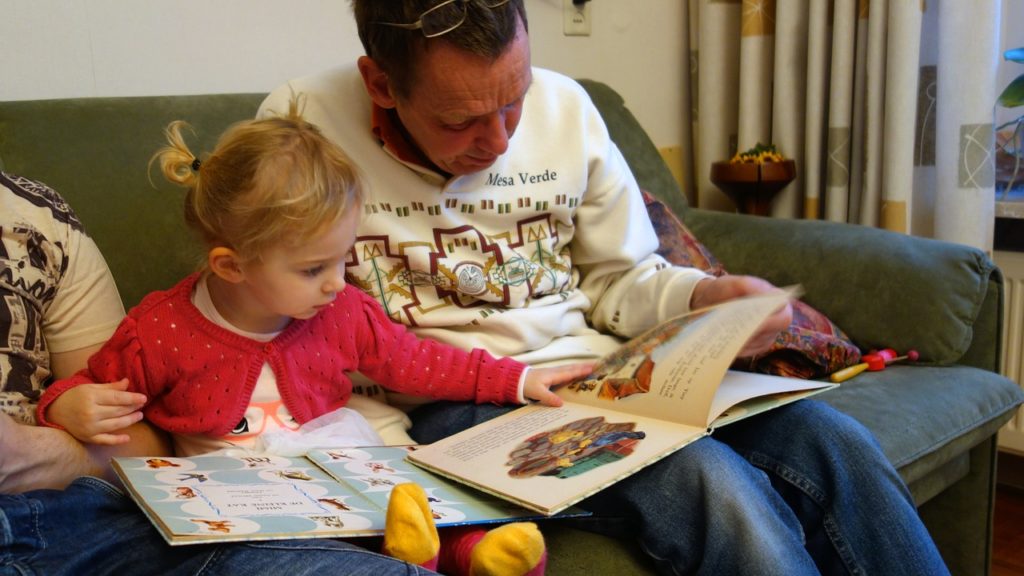
Everyday Learning for Literacy and Numeracy
You have a strong influence, as a parent, on your child’s development and learning from their early years and also through school. Encouraging and supporting your child to learn makes a big difference, even you don’t have to be an expert or know how to do work your child is learning.
Literacy is the ability to understand or create meaning from words, events, people’s gestures, objects, images, film, art, sounds, dance, music or writing.
Numeracy is the confidence and ability to use mathematics in daily life. You can help your child to build numeracy by talking mathematically or noticing about everyday things around you!
- Babies
Literacy: From birth, your baby is developing literacy. Babies learn by exploring their world through touch, play or watching. Your baby communicates through facial expressions, looking into your eyes and babbling sounds. Your baby beginning to understand the meaning of words, when he or she hears songs, words and stories in your home language. Long before they can say them, babies understand words.
Numeracy: Your baby, from the time is born, they are exploring their world. They use mathematical thinking as they try to fit between things or crawl toward objects. When you say what they are doing helps them to match words to their movements, like “Hide under the rug”, “You are up high” and “Roll over and over”.
- Toddlers (2 to 3 years)
Literacy: While your toddler’s brain is growing it make them very curious. You will be supporting their thinking, if you help your toddler notice what is around them. Your toddler will begin to try expressing itself through drawing, building design, creating artwork or enjoying pretend play and may start to share their thoughts. If you show interest in what your toddler is thinking it will help them build confidence in communicating.
Numeracy: Your toddler’s brain is growing and forming new pathways, during this time. You will be helping them to make meanings of mathematical ideas by talking with your toddler as they play and touch with real objects. Soon, they will begin to use mathematical words to describe what they are doing and noticing.
- Preschoolers (3 to 5 years)
Literacy: As they play with others, your child is using what they have learned with. They may show their thinking by talking, pretend play, dance, construction and artwork. They may be making meaning from signs, words, books, dance, music, numbers, some text or using technology. If you show interest in what your child has to say it will help them want to communicate more.
Numeracy: Your child’s brain is undergoing great changes, during this period of life. As they play with other children they are using and hearing mathematical words to solve a problem. They may be comparing, sorting and describing, which group has more or which group is the biggest.
When schools and families work together, children are more likely to be more successful at school and build good relationships.
